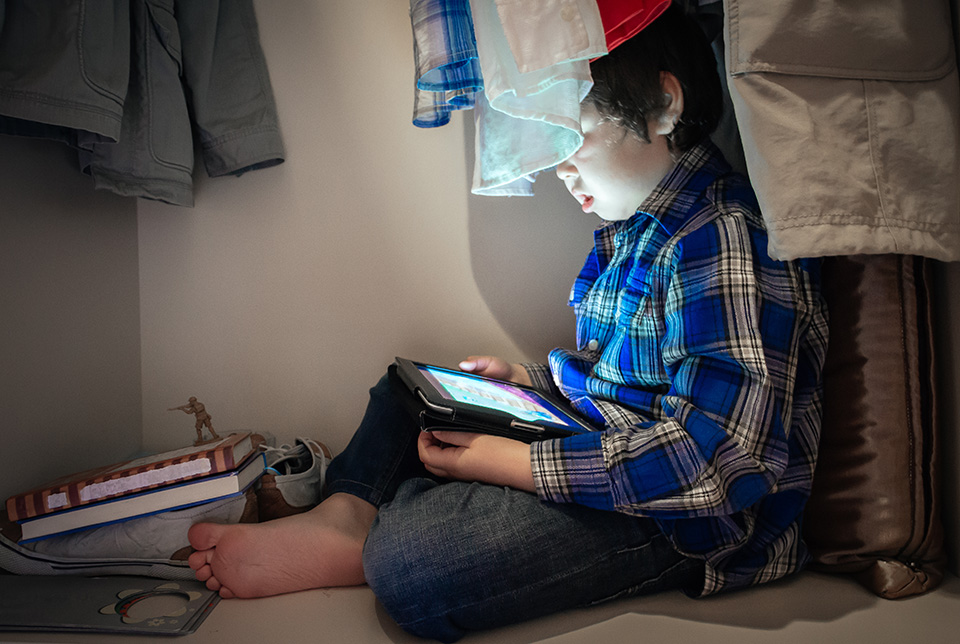
She explains why this happened: “The decrease in physical activity during the period of self-isolation, combined with parallel increased use of screens, this time in an official way, after the children were asked to tele-educate for a long time, they created a very negative environment. Our research has shown that motor activity of children and adolescents during this period decreased to 90%. Of course, adults and children did not go in for sports even before the pandemic, in numbers reaching 40%. However, this percentage has doubled over the past two years, and, as everyone shows, young and old have not returned to physical activity.”
It is noted that Globally, 42% of adolescents report weight gain during the pandemic.. According to the Ministry of Health, weight gain in children and adolescents during COVID-19 in Greece it exceeded 35%.
Of course, Ms. Panaguli points out that the problem of childhood obesity is not new. It is significant that the percentage of children and adolescents aged 5 to 19, from 4% in 1975 it rose to 18% in 2016.. In 2019, the number of overweight or obese children aged 2 to 5 reached 38.2 million
In Greece, POY records as of 2016 have an obesity rate of 13.8% for the 5 to 19 age group. Moreover, for the youngest children from 2 to 5 years old, this percentage reaches 30%, and for adolescents about 15 years old, it exceeds 20%. “In 2016, in a survey conducted by MEY in collaboration with six other European countries – Germany, Iceland, the Netherlands, Poland, Romania, Spain – a total of 10,000 teenagers Greece had a sad lead with over 20%.”, notes Ms. Panaguli, explaining that the problem is evident in all countries – with low, medium and high standards of living, and especially in cities.
As for the ever-growing use of electronic devices, according to Ms. Panaguli, this has come and “village” to the top of the already poor food culture in our country. “Parents are the model for good nutrition, and it starts at a very young age,” explains Ms. Panaguli, and continues: “An overweight child reflects the whole family. We see that children in Greece are increasingly eating in front of a screen, a bad choice, because in this way the quantity is not controlled.. This bad habit appears even in infancy – there are many who feed the baby in front of a mobile phone, playing funny videos.

According to Ms. Panaguli, another serious mistake is to use, in addition to screens, low-quality food as bait for a child to eat his usual food. As he describes: “In our clinics, our parents are acknowledging that more and more of their children are eating sweets instead of meals, and this is especially true of tithing. Many kids at school eat puff pastry and tithing chips.”
Source: Kathimerini
Ashley Bailey is a talented author and journalist known for her writing on trending topics. Currently working at 247 news reel, she brings readers fresh perspectives on current issues. With her well-researched and thought-provoking articles, she captures the zeitgeist and stays ahead of the latest trends. Ashley’s writing is a must-read for anyone interested in staying up-to-date with the latest developments.